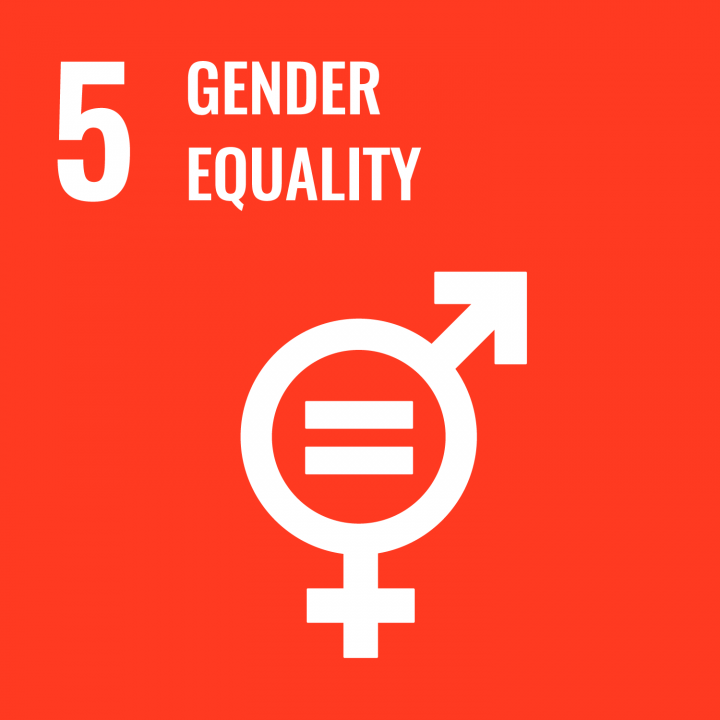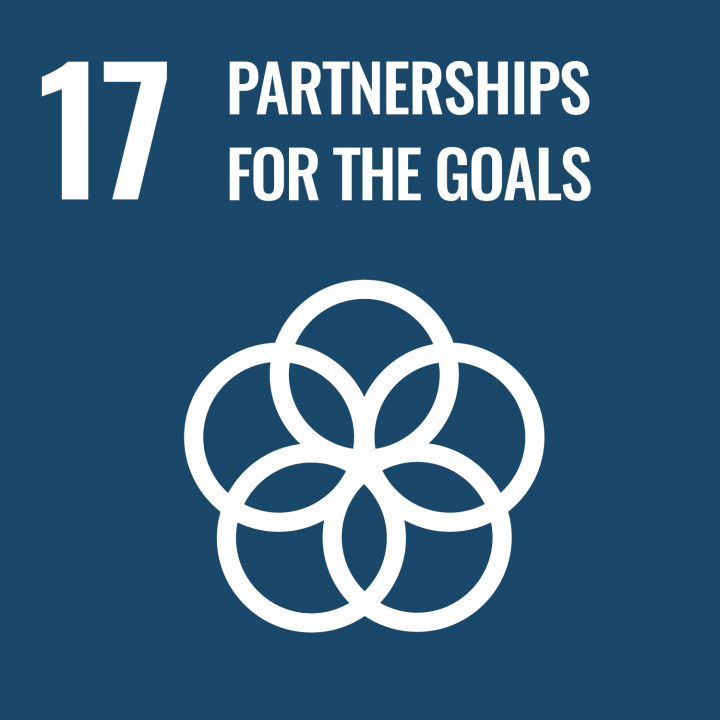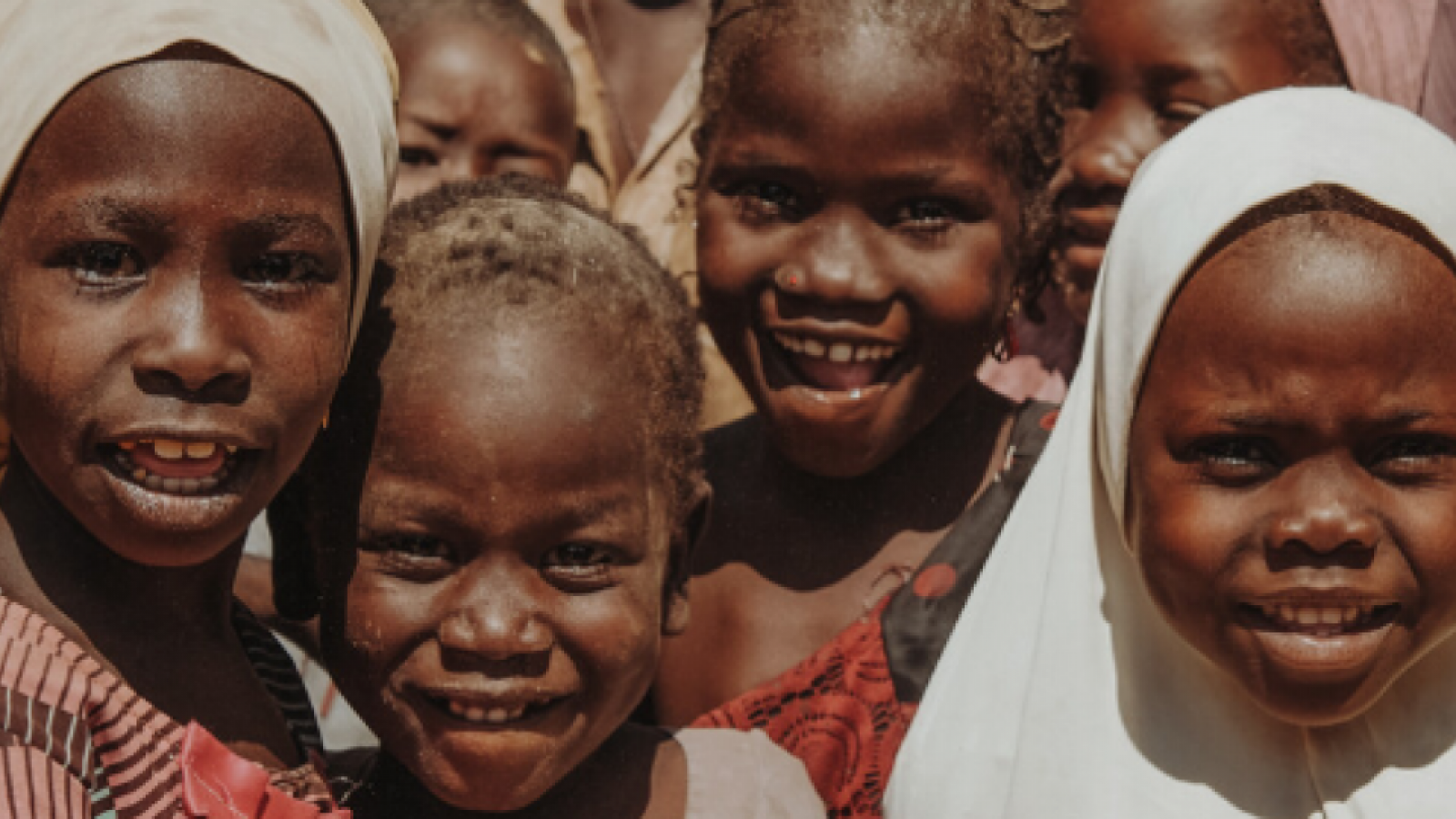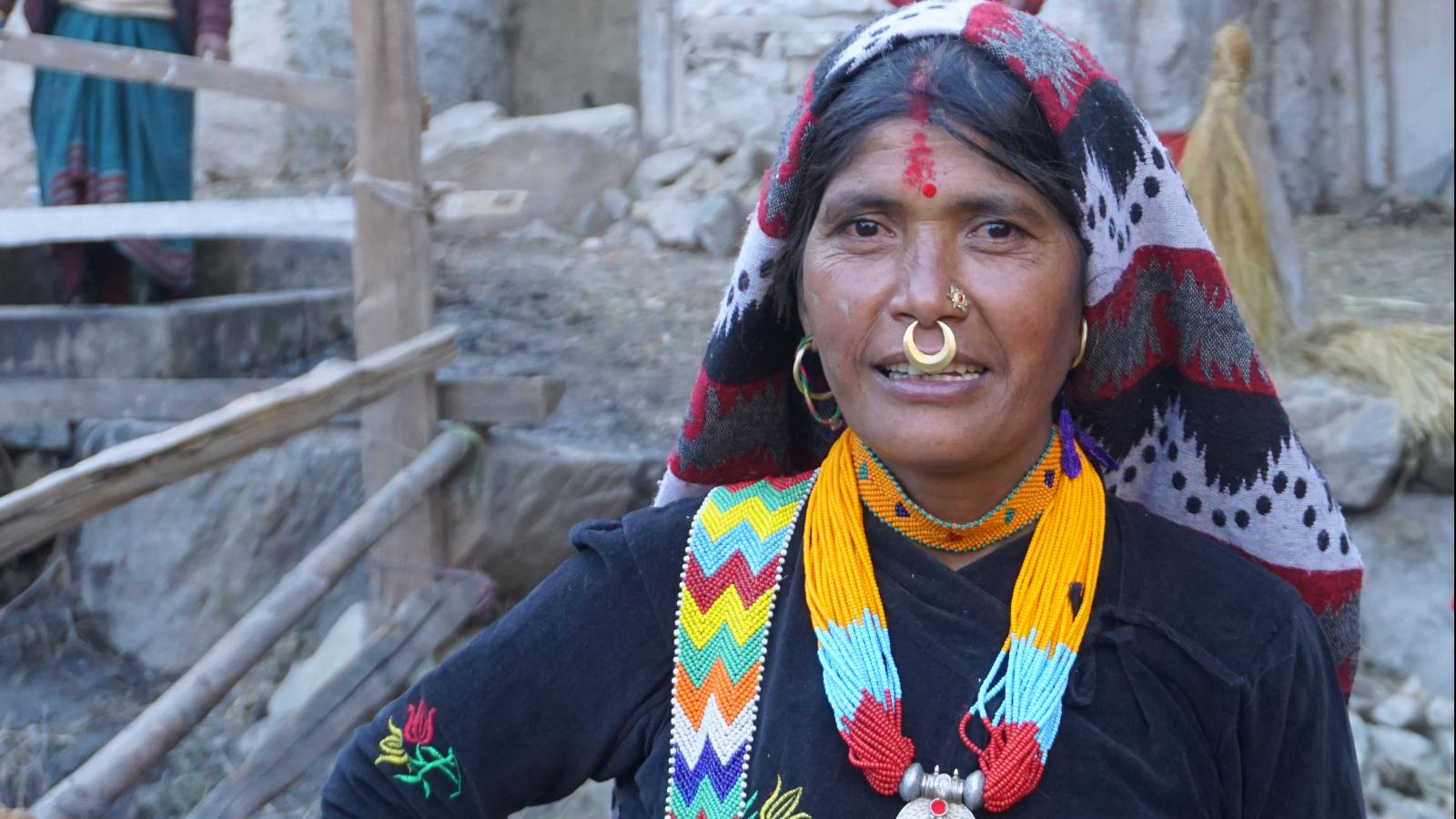In 2015, world leaders agreed to 17 Sustainable Development Goals (SDGs) which aim to end poverty, fight inequalities and tackle climate change by 2030. Mission East wholeheartedly supports these aims, which resonate strongly with our work.
The SDGs also aim to “leave no one behind” in the process – something that is core to Mission East’s work as we seek out the most vulnerable people and include those who are marginalized.
How Mission East’s work links to the Sustainable Development Goals
Out of the 17 SDG goals, Mission East’s work particularly contributes to the achievement of the following 7 Sustainable Development Goals.

No poverty
Eradicate extreme poverty; reduce the number of people living in poverty; ensure all groups have equal rights to economic resources and access to services; build the resilience of the poor and reduce vulnerability to disaster; and promote pro-poor policies.

Zero hunger
End hunger; end malnutrition; increase agricultural productivity and income of small-scale producers (including women, family farmers, etc.) and their equal access to resources/inputs/knowledge; and ensure resilient/sustainable agricultural practices.

Gender Equality
End discrimination against women and girls; eliminate violence (including trafficking, sexual or other exploitation); eliminate harmful practices (ex. child/forced marriage); ensure women’s full participation in leadership in political, economic and public life; and promote reforms to give women equal rights to resources.

Clean water and sanitation
Universal access to drinking water, sanitation and hygiene for all (including women/girls/vulnerable groups), and participation of local communities in improving water/sanitation management.

Reduced inequalities
Income growth for the poorest; empower and promote the social, economic and political inclusion of all (irrespective of age, sex, disability, race, ethnicity, origin, religion or economic or other status); and ensure equal opportunity and reduce inequalities – including promoting legislation/policy on this.

Peace, justice and strong institutions
End abuse/ exploitation/ trafficking/ violence against children; ensure responsive/ inclusive/ participatory/ representative decisions-making; and promote non-discriminatory laws/ policies.

Partnerships for the goals
Promote civil society partnerships.








